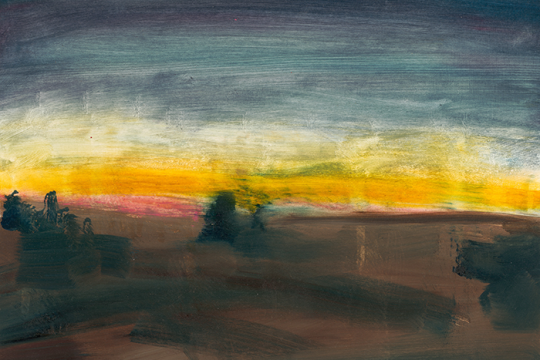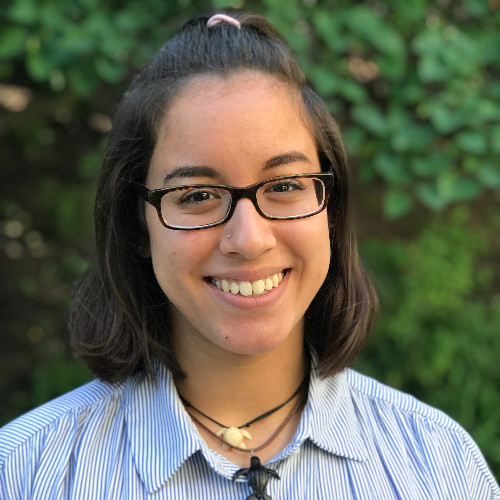“They Sat in the Back”: A Poem for Those Killed in Pittsburgh
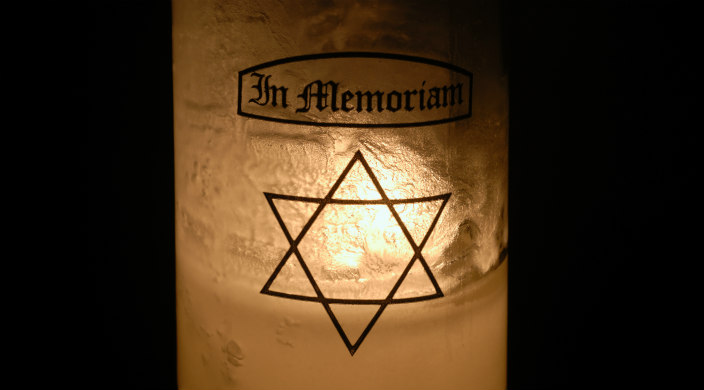
We sat in the back.
We were 13 years old, itchy, tired, and we didn’t want to be there.
We were anxious to leave our seats—
we sat in the back to sulk,
to count on our fingers how many more Saturday morning services
we would have to endure before we could check
the box for our b’nei mitzvah.
We picked at our nails,
but we sang the blessings because we loved them even still.
The minutes limped along.
We shifted in our dresses and our ballet flats that were getting a little too small.
Our stomachs rumbled as we waited for
and we sat in the back of the room.
They also sat in the back.
Our matriarchs, our door-holders,
the ones who had prepared our Kiddush that morning.
The ones who knew the code to the building was the same year it was built,
the ones who drove us to this service.
They were the ones who sang in the choir,
the ones who taught your children their aleph bets.
They sat nearest to the entrance, the ones who walked with walkers.
The ones who parked right outside the temple doors to rest
their stiff backs on stiffer benches each Saturday morning.
The ones who have seen their children
and their children’s children
through the sanctuary’s doors.
They built this place up from the ground
and they sat in the back.
We did not want to sit in the front, where we might catch the eye of the rabbi,
where God might see our lips stumble on our prayers.
We sat in the back so we might easily slip out to use the bathroom,
to get a drink of water, to check the broken clock in the hall.
We sat in the back so that we could be the first to leave.
They sat in the back because they arrived early.
They were our living ancestors, our makers.
They sat in the back and they knew your name
because they had been the first ones to welcome your family into the synagogue
with a warm hug and boker tov.
We sat in the back; we wanted to leave.
They sat in the back; they didn’t have time.
The author would like to dedicate this work to Joyce Fienberg, Rose Mallinger, Richard Gottfried, Jerry Rabinowitz, Cecil Rosenthal, David Rosenthal, Bernice Simon, Sylvan Simon, Daniel Stein, Irving Younger, and Melvin Wax.
For ideas for observing the first anniversary of the devastating attack on Tree of Life - Or L'Simcha Congregation, see "6 Ways to Mark the First Anniversary of the Tree of Life Shootings."
Related Posts
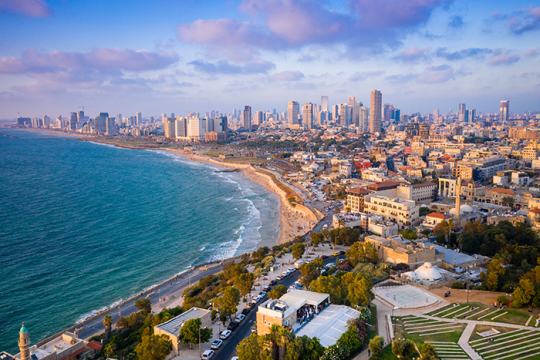
Dear Israel: A Story of Love and Longing
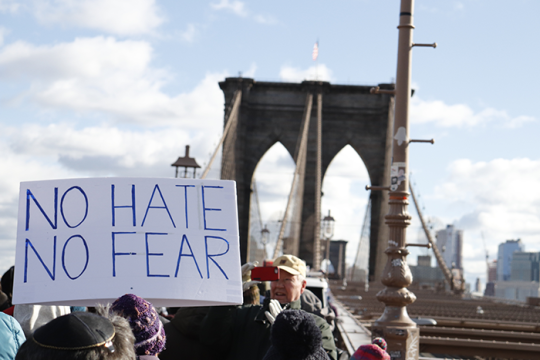
Five Definitions of Antisemitism
